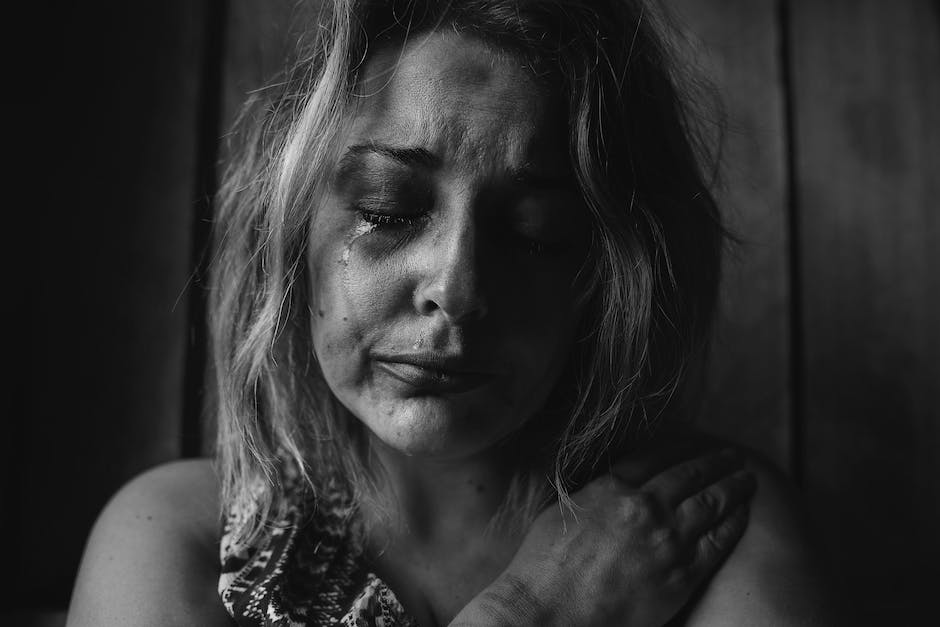Best Depression And Anxiety Treatment
Best Depression and Anxiety Treatment
Depression and anxiety are two of the most common mental health conditions that millions of people experience. Fortunately, there are many effective treatment options available to help people manage the symptoms of depression and anxiety. In this article, we’ll discuss the different types of treatments, including talk therapy, medication, lifestyle changes, and complementary and alternative therapies.
Talk Therapy
Talk therapy, also known as psychotherapy, is a type of treatment that focuses on communication to provide psychological support and help patients learn about themselves and their relationships with others. Common types of talk therapy used to treat depression and anxiety include:
-
- Cognitive-behavioral therapy (CBT): CBT is a form of talk therapy that helps individuals identify and change negative thinking and behavioral patterns that may be contributing to their depression and anxiety.
-
- Interpersonal therapy (IPT): IPT is a form of talk therapy that focuses on the role of relationships in a person’s life, particularly how people communicate and interact with others.
-
- Dialectical behavior therapy (DBT): DBT is a type of psychotherapy that combines aspects of CBT with strategies to help people manage their distress in healthy ways.
Medication
Medication can be an important part of treating depression and anxiety, especially if those conditions are severe or are interfering with a person’s daily life. Many types of medication are used to treat depression and anxiety, including:
-
- Selective serotonin reuptake inhibitors (SSRIs): SSRIs are a type of antidepressant medication that helps regulate serotonin levels in the brain. They can help lessen symptoms of depression and anxiety.
-
- Serotonin-norepinephrine reuptake inhibitors (SNRIs): SNRIs are a type of antidepressant that helps regulate serotonin and norepinephrine levels in the brain. They can help lessen symptoms of depression and anxiety.
-
- Antianxiety medications: These medications work by reducing feelings of anxiety. Some types of antianxiety medications can also help with insomnia, restlessness, and irritability.
Lifestyle Changes
Lifestyle changes such as regular exercise, getting enough sleep, and eating a healthy diet can help reduce symptoms of depression and anxiety. Other lifestyle changes that may help include:
-
- Stress management techniques: Practicing relaxation techniques such as deep breathing, yoga, or meditation can help reduce stress and improve overall mood.
-
- Social support: Connecting with supportive family and friends can help reduce feelings of isolation and stress.
-
- Limiting substance use: Cutting back on or eliminating alcohol and drugs can help reduce symptoms of depression and anxiety.
Complementary and Alternative Therapies
Complementary and alternative therapies are treatments that are used together with traditional treatments to manage symptoms of depression and anxiety. Some commonly used complementary and alternative therapies include:
-
- Acupuncture: Acupuncture, a traditional Chinese medical practice, involves the use of thin needles placed in strategic points on the body to promote healing and reduce stress.
-
- Herbal supplements: A variety of herbs have been found to have antidepressant, anti-anxiety, and mood-regulating properties.
-
- Exercise: Regular physical activity can help reduce symptoms of depression and anxiety by releasing endorphins and creating a sense of accomplishment.
Conclusion
Depression and anxiety can be very difficult to manage, but there are many effective treatments available. A combination of talk therapy, medication, lifestyle changes, and complementary and alternative therapies can be used to help manage the symptoms of depression and anxiety. It is important to talk to a mental health professional to determine which treatment option is best suited to your individual needs.
